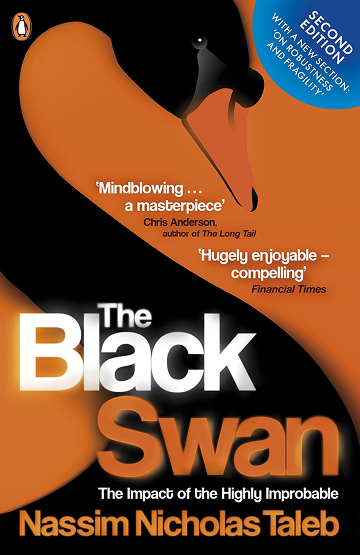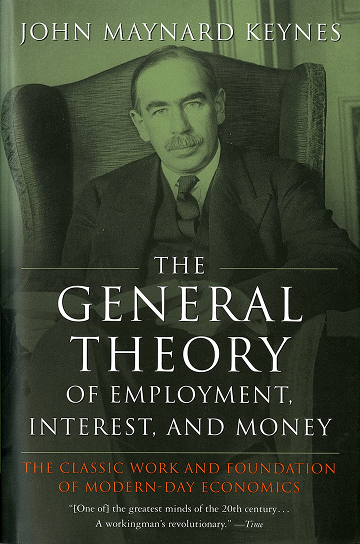
Stephen Mandel Net Worth, Biography and Key Insights



Stephen Mandel’s Profile Summary
|
Company
|
Lone Pine Capital |
|---|---|
|
Position
|
Founder and Managing Member of Lone Pine Capital. Although he stepped back from day-to-day management in 2019, he remains a key figure within the firm |
|
Source of wealth
|
Stephen Mandel's wealth stems primarily from management and performance fees from Lone Pine Capital's investment strategies, including its long/short equity hedge fund and long-only |
|
Also known as
|
Philanthropist, Board Member, Education Advocate. |
|
Age
|
69 |
|
Education
|
Dartmouth College – Bachelor of Arts, Harvard Business School – Master of Business Administration (MBA) |
|
Citizenship
|
United States |
|
Residence
|
Greenwich, Connecticut, USA |
|
Family
|
Stephen Mandel is married to Susan Joy Zadek. They have three children |
|
Website, Social Media
|
https://www.lonepinecapital.com/ |
Stephen Mandel’s biography
Stephen Mandel was born on March 12, 1956. He is a prominent American hedge fund manager, investor, and philanthropist. After graduating from Dartmouth College in 1978 and Harvard Business School in 1982, Mandel began his career as a consultant at Mars & Co. He later joined Goldman Sachs as a consumer-retail analyst and moved on to Tiger Management, where he rose to the position of managing director under legendary investor Julian Robertson. In 1997, Mandel left Tiger to found Lone Pine Capital, named after a Dartmouth College landmark. Lone Pine became one of the most successful hedge funds, managing both long/short equity strategies and long-only funds. Over the years, Mandel has been known for his sharp investment acumen, particularly in tech and retail sectors. Aside from his investment career, he has been actively involved in philanthropy, founding the Zoom Foundation and Lone Pine Foundation, and has served as chair of the national board of directors for Teach for America. Mandel retired from active management of the firm in 2019 but remains involved in leadership-
How did Stephen Mandel make money?
-
What is Stephen Mandel net worth?
As of 2025, Stephen Mandel’s net worth is estimated to be $2.5 B.
What is Stephen Mandel also known as?
tephen Mandel has made a significant mark as a philanthropist through his work with the Zoom Foundation and Lone Pine Foundation, focusing on education and community initiatives. He also holds leadership roles in the nonprofit sector, serving as the Chairman of the National Board of Directors for Teach for America, where he advocates for equitable access to quality education. Additionally, Mandel was previously the Chair of the Board of Trustees at Dartmouth College, showcasing his ongoing commitment to advancing educationProminent achievements of Stephen Mandel
Stephen Mandel founded Lone Pine Capital in 1997, growing it into one of the most successful hedge funds with over $15 billion in assets under management in 2024. He has been consistently ranked among the top hedge fund managers by Forbes, even being listed among the 40 Highest-Earning Hedge Fund Managers in several years, including 2012 and 2018. In addition to his investment success, Mandel has made a significant impact in philanthropy, serving as the Chair of the Board at Teach for America and Dartmouth CollegeWhat are Stephen Mandel’s key insights?
Stephen Mandel’s business philosophy centers on fundamental analysis and long-term investment strategies, with a focus on growth-oriented companies. He emphasizes the importance of deep research and being flexible enough to adjust strategies as market conditions change. Additionally, Mandel believes in value creation through active engagement with the companies in which he invests and supports sustainability and good governance within the businesses
Stephen Mandel’s personal life
tephen Mandel married Susan Joy Zadek in 1982, whom he met while attending Harvard. His wife is actively involved in philanthropy and serves as a trustee of both the Environmental Defense Fund and Vassar College. The couple has three children, and they live in Greenwich, Connecticut
Useful insights
Understanding market forces
In my experience, to truly succeed as an investor, it’s essential to understand the driving forces behind market behavior. Market movements aren’t random—they’re influenced by a range of economic theories and dynamics. The following books provide valuable insights into these forces, offering a deeper understanding of how global financial markets operate and what shapes their trends.
-
Nassim Nicholas Taleb – "The Black Swan"

-
Summary:
Taleb explores the concept of rare, unpredictable events—so-called "Black Swans"—that can have massive impacts on markets and society. These events are often overlooked by traditional risk management models, leading to devastating consequences when they occur. Taleb illustrates how these unpredictable shocks shape our world, often more than gradual, expected changes.
-
Why read it:
This book challenges conventional thinking about risk and uncertainty, showing that many major historical and financial events were "Black Swans." It's a vital read for investors who want to build resilience in the face of market volatility.
-
-
John Maynard Keynes – "The General Theory of Employment, Interest, and Money"

-
Summary:
Keynes revolutionized economics by focusing on total demand within an economy and its effect on output and inflation. His theory suggested that government intervention could stabilize economic cycles through fiscal and monetary policy. The book also explains the consequences of under-consumption and the role of interest rates in managing economic stability.
-
Why read it:
For investors interested in macroeconomic trends and policy impacts, Keynes’ work is essential. Understanding the Keynesian framework can help investors predict how government actions might influence market performance.
-
Other profiles in category
Popular Financial Guides
Latest Financial News

733,000 license cards delayed, South Africa plans fresh tender

South Africa invests $27M in AI, blockchain research infrastructure































































































































